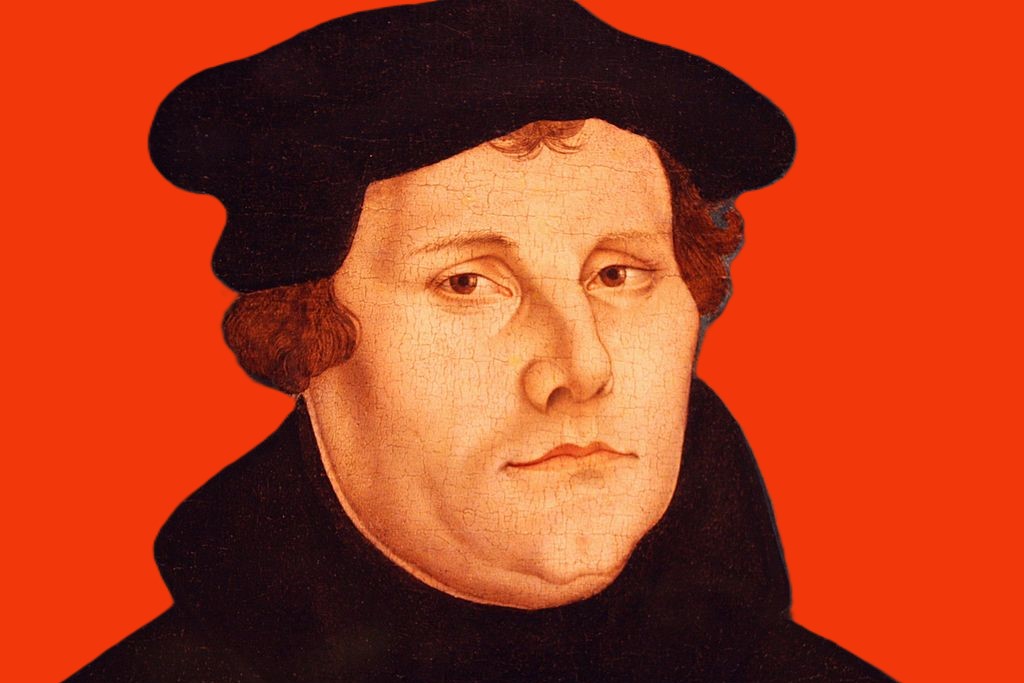
Last week I met the Pope. You don’t often get to write a sentence like that but despite the shameless name-dropping, I mention it because it got me thinking about something that shed light on our political and social life.
It wasn’t just me and him. I was with a group of Anglican bishops and Archbishops and we had an hour with Pope Francis in one of the grand reception rooms in the Vatican. When you enter the Vatican, you can’t but be impressed by the sheer grandeur and size of the place. Long corridors with statues and huge windows, large reception rooms with elaborate frescoes of biblical scenes, Swiss guards with their brightly coloured uniforms saluting as you walk past.
The grandeur is perhaps not surprising, and perhaps even modest for an institution that that has 1.4 billion followers – that’s about the population of China – and one of the greatest patrons of the arts in western history.
We filed into a long elaborately painted room with marble floor, and decorated ceiling, took our seats and waited. Finally, a frail, white-robed figure hobbled in, aided by attendants in suits and white bowties. Pope Francis was a bit unsteady on his legs, but sharp, mentally alert, and with a smile that broke out over his face from time to time.
If the Vatican felt like the palace of an ancient city state, the headquarters of a global network, like the Kremlin or the headquarters of Google, something else felt very different. The difference was brought to mind by a picture I saw a few weeks ago.
... but Keir Starmer or Donald Trump kissing blistered, calloused, guilty feet? Hardly. This was a display of humility that stood out as plainly weird.
Just before Easter, the Pope went to prison. In case you are wondering how you missed this extraordinary story, it wasn't of course that he had been convicted of some terrible crime, but on this occasion, he went to visit the Rebibbia prison in Rome. While there, the 87-year-old, increasingly frail pontiff, stepped out of his wheelchair, and bent down to wash the bare feet of twelve women prisoners, many of whom were in tears as he did so. There is an extraordinary picture of him with his eyes closed, kissing the right foot of one of the women, clothed in her grey prison tracksuit trousers, as if it was him who had the privilege in the encounter and not her.
When I saw this picture, it struck me how truly extraordinary this action was. Here is the leader of the world’s 1.4 billion Catholics, performing an act of such staggering…. well, meekness, is the only word I can find for it - kissing the sweaty feet of criminal women, feet that had presumably led them into decidedly questionable places in the past, while doing so not reluctantly but gladly, thinking this was the most wonderful thing he could ever do.
I tried to imagine other world leaders - the American President, the UK's Prime Minister, the leader of the European Union, the President of China, or the CEO of Google doing something similar. And couldn't. I could imagine politicians visiting a homeless centre to dole out food for the social media coverage, but Keir Starmer or Donald Trump kissing blistered, calloused, guilty feet? Hardly. This was a display of humility that stood out as plainly weird.
If I had been the Creator of all that exists, I would have made sure that the credit went where it deserved. Yet the world around us has precious few explicit reminders of God.
Yet was not entirely surprising, because humility is a distinctly Christian virtue. The Greeks were decidedly lukewarm about it. Aristotle wrote: “With regard to honour and dishonour the mean is proper pride, the excess is known as a sort of ‘empty vanity’, and the deficiency is undue humility…” Humility was appropriate for slaves but not for noble-born people, certainly not for political leaders, leaders of multinational giants – or popes for that matter.
Yet Christians have always valued humility. One of the New Testament writers says: “Clothe yourselves with humility toward one another, because, God opposes the proud but shows favour to the humble.” So why does God show favour to the humble?
The answer is, I think, surprising. It is not that God is majestic and demands humility from us measly creatures. It is that, in the Christian understanding, God is humble. Even though he appears to have not that much to be humble about. If the phrase that captures the understanding of Allah in Islam is ‘God is Great’, the main claim of Christianity is that ’God is Love’. And love cannot be proud or arrogant. It has to be humble.
The God Christians believe in doesn’t draw attention to himself, and doesn’t shout about his own qualities. Instead, he leaves it to others to do that for him. That fits with the way the world is made. If I had been the Creator of all that exists, I would have made sure that the credit went where it deserved. Yet the world around us has precious few explicit reminders of God. There is no signature written in the sky, billboards or flashing neon lights saying ‘Made by God, just for YOU!’. In fact it is quite possible to go through life and completely miss God altogether.
If there is a God, he seems oddly reticent, unwilling to advertise his existence, or as the prophet Isaiah put it, perhaps in a moment of frustration many centuries ago, “Truly, you are a God who hides himself.” This theme, of the ‘hidden God’ has fascinated theologians and philosophers from St Paul to Martin Luther, from Blaise Pascal to Søren Kierkegaard.
Even when God does reveal himself, in the arrival on the human scene of Jesus Christ, even then he is oddly hidden. Jesus was perplexingly reluctant to identify himself as God. He didn’t by and large go around saying “Look at me, I am divine!” It was possible to meet Jesus of Nazareth face to face and go away thinking he was just another Jewish rabbi or teacher. In fact, he was more likely to be found acting out the role of a servant, washing the feet of his friends, providing them with food, living a wandering homeless existence, dying on a criminal’s cross, than doing important things like wearing robes, exerting political power or living in palaces. Nowhere does God appear to us unmistakably. He is not an in-your-face kind of God. He seems, odd though it is to say it, quite shy. Or perhaps the best word is simply: humble.
So what the Pope did in that Italian prison may have been unlike any other ruler. Yet on another level it was just like the ultimate ruler of all things.











